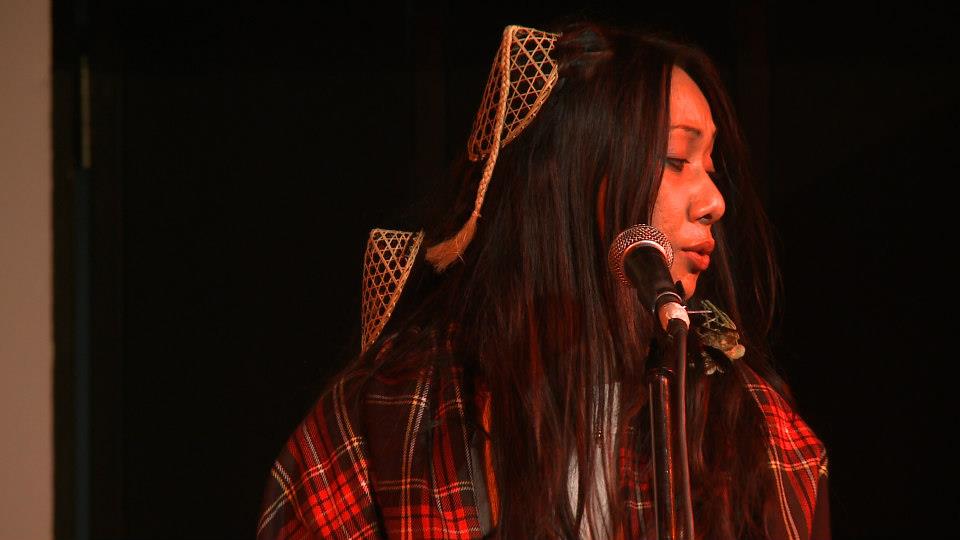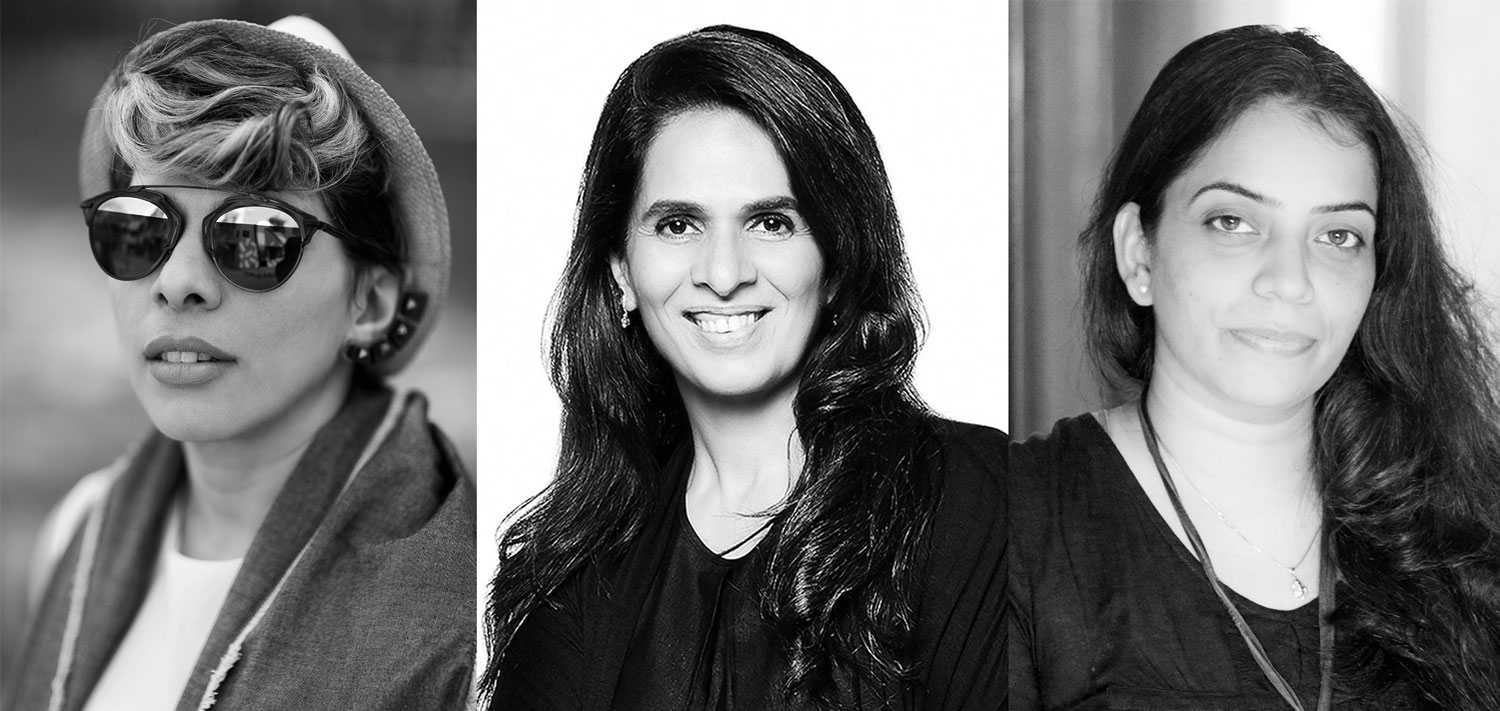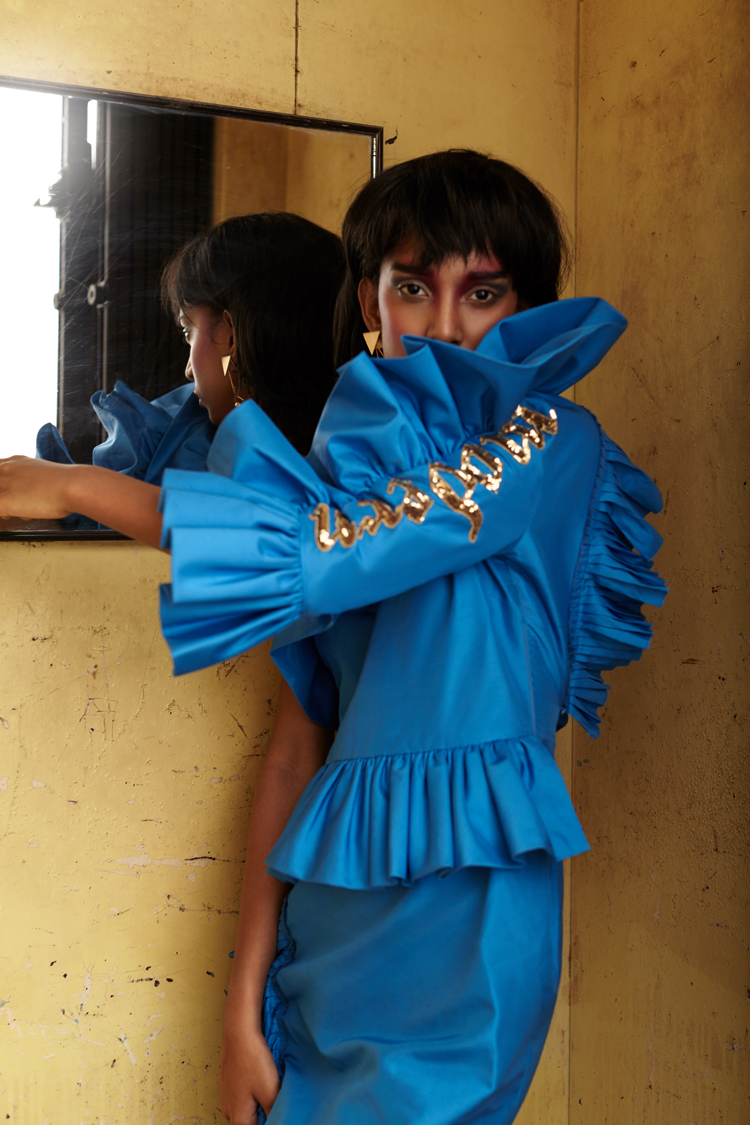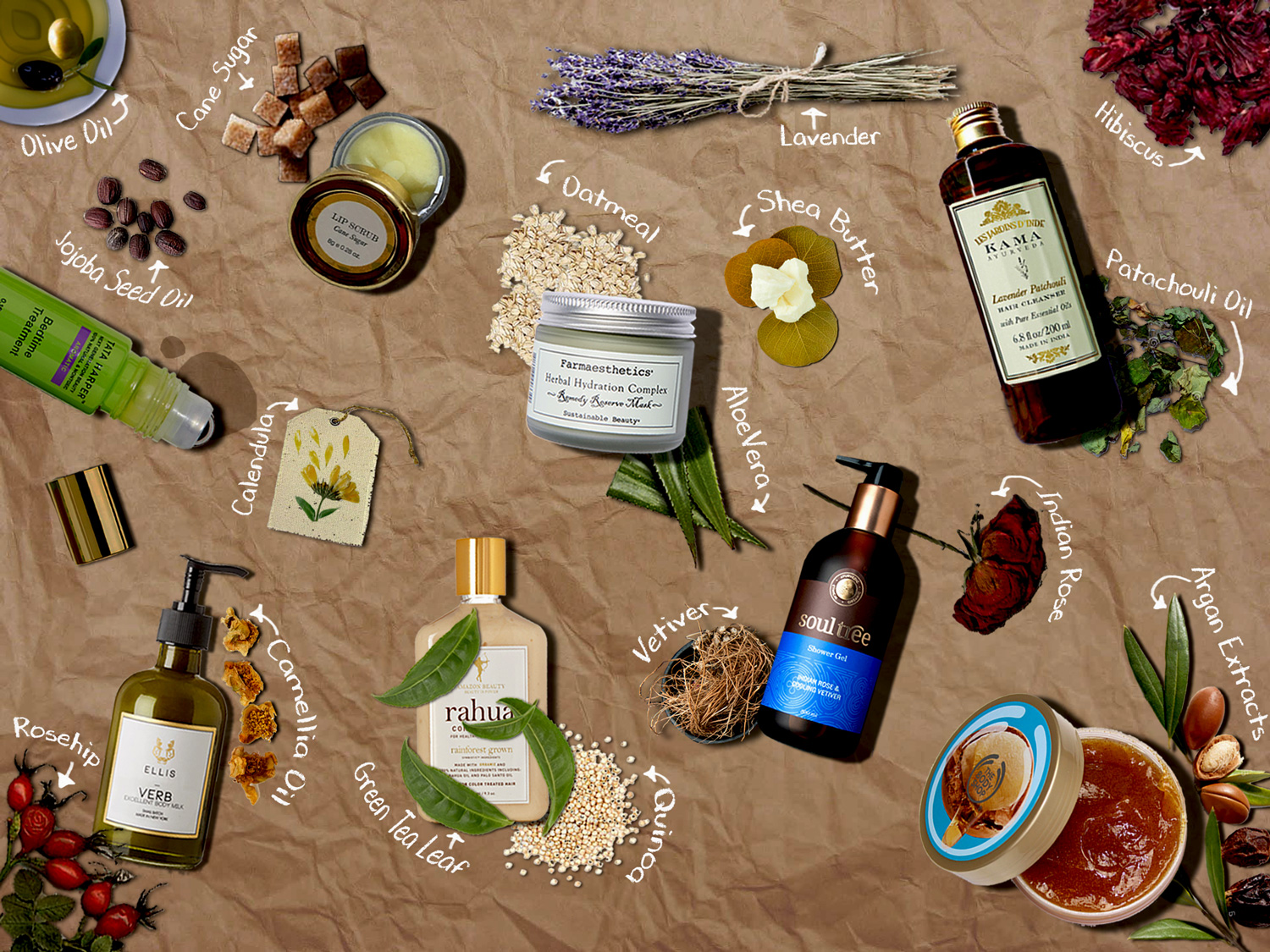“We are nature.”
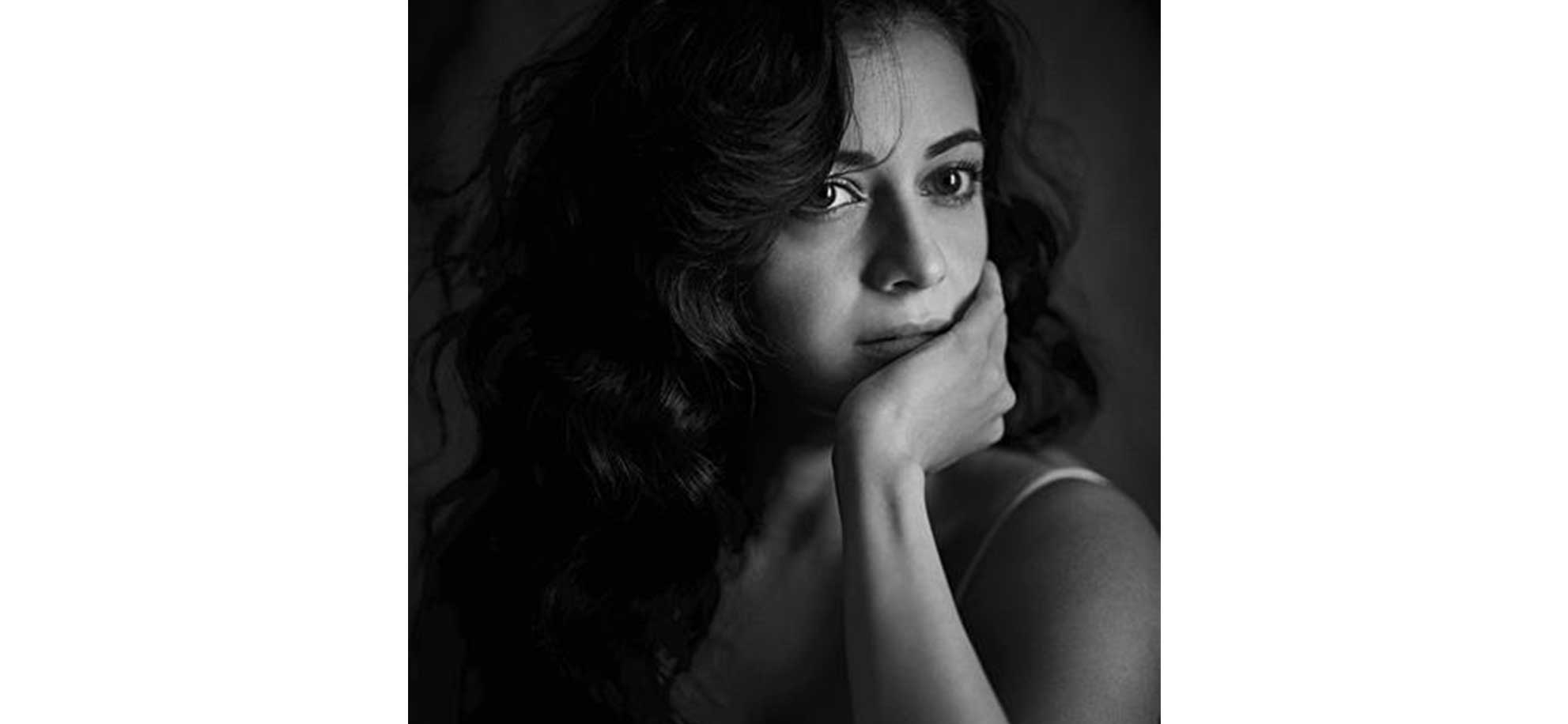
+Photographed by Rohan Srestha
CurrentMood: Were you always inclined towards working for environmental issues?
Dia Mirza: I grew up in an environment that fostered a relationship with nature. I spent a lot of time climbing rocks or trees, plucking fruits and watching birds build their nest – something we took for granted while growing up because that was such a normal part of our existence. I was a very outdoorsy kid and spent a lot of time sailing and just being in touch with nature. I didn’t get to really go to sanctuaries or visit any forest while growing up. But back in the 80s Hyderabad had so much of its own natural wilderness. It wasn’t overcrowded or overpopulated and I got the chance to make my own connection with nature. Also, I grew up in a home where my mother refused to keep any plastic. All our kitchen provisions were stored in steel, glass or ceramic containers. We never stored water in plastic bottles. I went to an extraordinary school, Vidyaranya that means ‘forest of knowledge’ and follows the philosophy of Jiddu Krishnamurti. Sometimes we were taught under a banyan tree, climbed a hill within our school compound to go bird watching!
cM: So how did you get into it?
DM: I realised that communication was my strength, something that I use as an artist in the form of entertainment and as a person championing various causes. Though they are quite different, these two facets of my career coexist symbiotically. Some people have condescendingly accused me of being an activist and I find it amusing. Shouldn’t every human being be an activist? When you’re alive and work hard, you want the best not just for yourself, but everybody. In 2006 or 2007, Vikram Chandra called me up and asked me to be a part of NDTV’s Greenathon. That experience heightened my awareness and gave me an in-depth insight into what was actually going on. Up until then I didn’t get much respite from my professional career to even look around and absorb what was actually happening to the world around me. So Greenathon helped redirect my course. I’m just lucky to be surrounded by extraordinary people who constantly guide and motivate me. Because with increasing awareness on environmental realities on the ground it’s very easy to become negative and allow all the shit that’s going down to overwhelm and burden you.
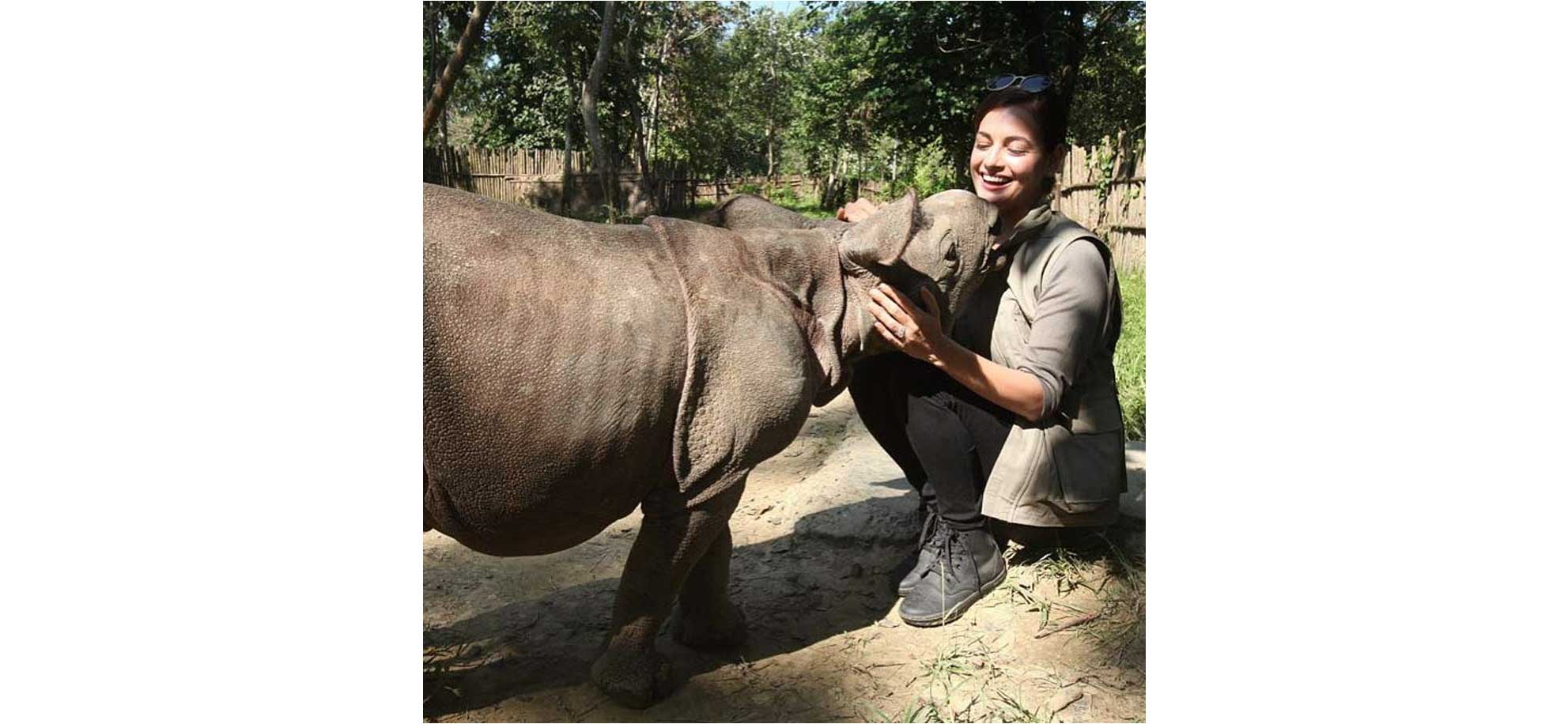
cM: Tell us about the different organisations you’re involved with…
DM: I work closely with a couple of organisations, Sanctuary Nature Foundation is one of them – on their tiger program. Kids for tigers, is a national program for children, by children and with children. They are taught that the tiger is a metaphor for nature as a whole. So when we save the tiger, we are saving the forest they live in, the birthing ground of water resources, the lifeblood of our existence. Without water we are nothing and the kids get this. Not only do we integrate the idea of nature into their consciousness but we also give them goals. By teaching them that by saving water, saving electricity, reducing our consumption, we’re saving the tiger.
When we go to restaurants and say not to straws and plastic, we’re saving the tiger. This empowers them and I have met kids who were a part of this program in the 80s who are now doing extraordinary conservation and wildlife protection work.
Wildlife Trust of India (WTI) is another organisation that I work with. We set up Club Nature, where we bring heads of different industries together, twice a year in a forest. They get blown away by the experience. We try and get them more involved with the protection programs that we’re running. We want them to reconnect with nature. And sure enough, nature does its job. When they see a tiger or an elephant, the trip has a bigger impact on them. They go back and make better choices.
cM: This disconnect between man and nature is alarming..how do we bridge the gap?
DM: One of the reasons why people are disconnected with nature in the country is because there isn’t enough content being generated to emphasise the importance of being a part of nature, and not apart from it. Which is why we started Champions of Nature with WTI. Just like Club Nature is a gathering of industrialists and corporates, Champions of Nature is a community of people who have social influence. Largely from the communication industry where we encourage people to use their
resources to raise awareness. It doesn’t matter if you’re a stalwart or an amateur. Champions of Nature are those who use their skill set to communicate what’s happening in the world and what we need to do in order to protect it. It’s amazing to see the results, to see what people are doing post these meetings. Everybody wants to do something but they don’t know what they need to do. And I think the central message is that it doesn’t matter. You don’t need a project to work on, just find a way to weave the narrative of nature into whatever it is that you’re doing. So whether you’re a story writer, a filmmaker, an actor, a singer or musician – talk about nature and celebrate it!
“We are nature. We’ve just learnt to live very differently from every other species on the planet.”
cM: The series, Ganga: The Soul of India documents your entire journey down the Ganges. What did you take back from this experience?
DM: For the first time in my life I realised that the commons – which is soil, air, water, greenery, nature; are all sentient beings. I don’t think I quite understood that before this trip. I realised how much the Ganga meant to the civilisation that had occupied the land along the banks of this river for centuries. How much of life this river had seen. And to see it in its current condition was heartbreaking. I think what it does is that it really injects a strong sense of purpose in you. It tells you that if you can feel for it and care for it, then you have to do something about it. You have to do more. The most wonderful thing about the show was that the people who watched it felt something and that’s an encouraging sign. It means that all hope is not lost. If you can help build a bridge between man and nature, then you’re doing something right.
cM: Is it easy to raise funds for the projects you’re working on?
DM: I’m spearheading The Right of Passage, a 17 month campaign that focuses on re-wilding 101 elephant corridors in the country. It’s a massive campaign and with the help of the team at WTI, we’re trying to raise 200cr. If everybody who bought clothes online could contribute Rs.1 of their purchase, we’d have 200cr in no time. But reaching our goal will take time and effort, because [sc_embed_player fileurl=”https://currentmoodmag.com/delphinus/wp-content/uploads/Dia-mp3cut.net_.mp3″] people don’t give money easily to causes that do not instantly or immediately give them an overwhelming sense of guilt. When people see a face of a child that is hurt or abandoned, our sense of empathy is very quickly compelled. But when you talk about re-wilding the elephant corridor, people don’t associate it with their personal existence. Why do we need to re-wild the corridor they ask? Then we have to explain that the forest needs to be connected, uninterrupted, and undisturbed. Then their next question is why do forests need to be reconnected?
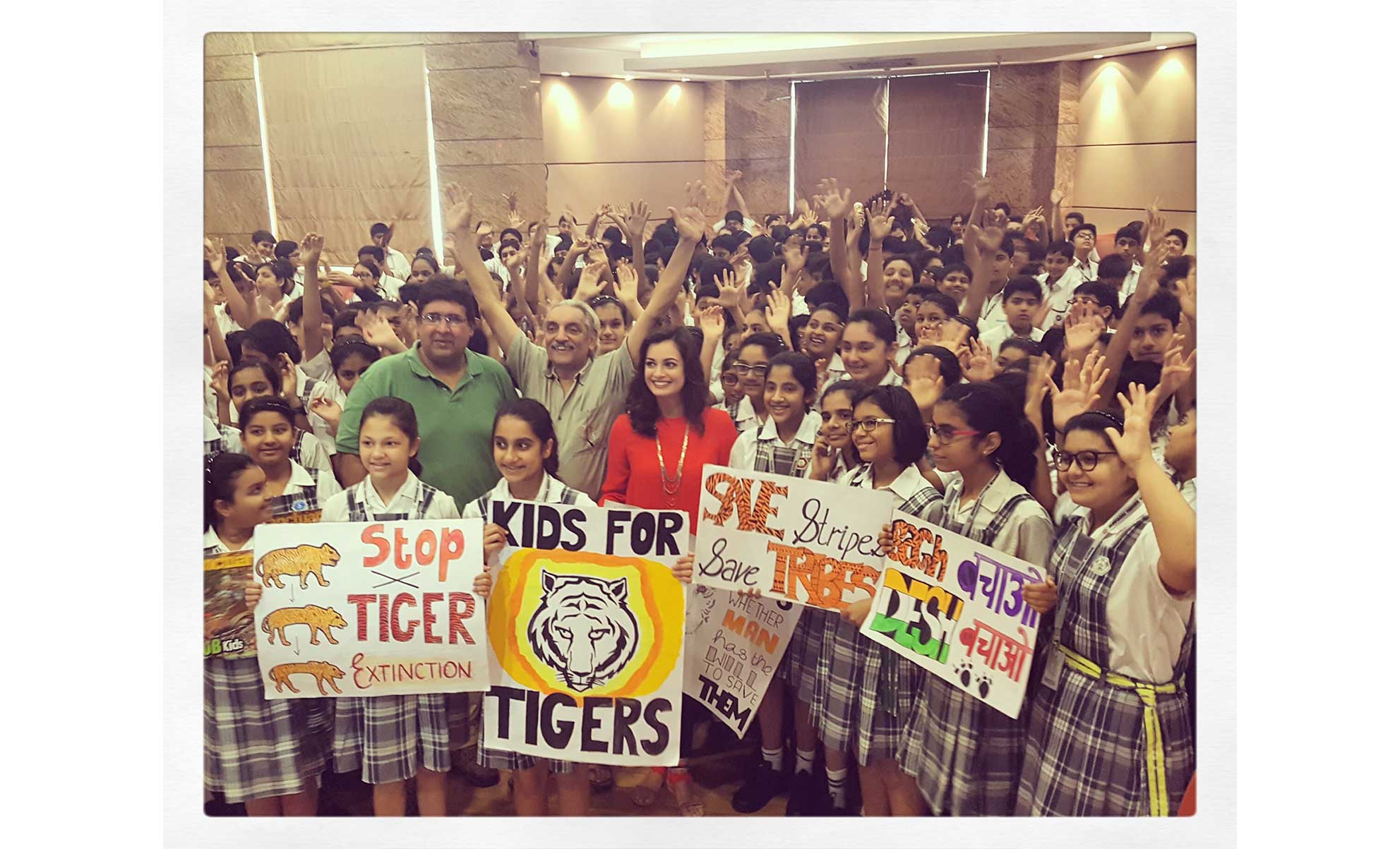
cM: All the causes that you work for are important, but which one has had the biggest impact on you?
DM: The environment. It’s the most important because our survival depends on it, the quality of our survival and the quality of life depends on it. We are nature. We’ve just learnt to live very differently from every other species on the planet. Human beings are the only species that have created kachra. We’ve learnt to live outside our natural world so much that we’re uncomfortable in the natural world. India has the second largest population on the planet and we inhabit 2.4% of landmass on this planet. It’s a very small amount of land and less than 2% of that space is forest protected area. These forests feed our rivers. When we become aware of how dependent we are on the survival of these forests for
our own health and survival, suddenly we wonder – how the hell are we going to have so much water to feed all of our children and our people?
cM: What are the current projects you’re working on?
DM: I’ve just finished working on Sanjay Dutt’s biopic and I am in the process of creating a series on Earth Heroes that’s cut across the length and breath of the country. It’s my passion project, and something I’m really excited about. We’ve also just had a anthem composed – a ‘wild anthem’ for India, something that I’m hoping becomes every school’s assembly line song.
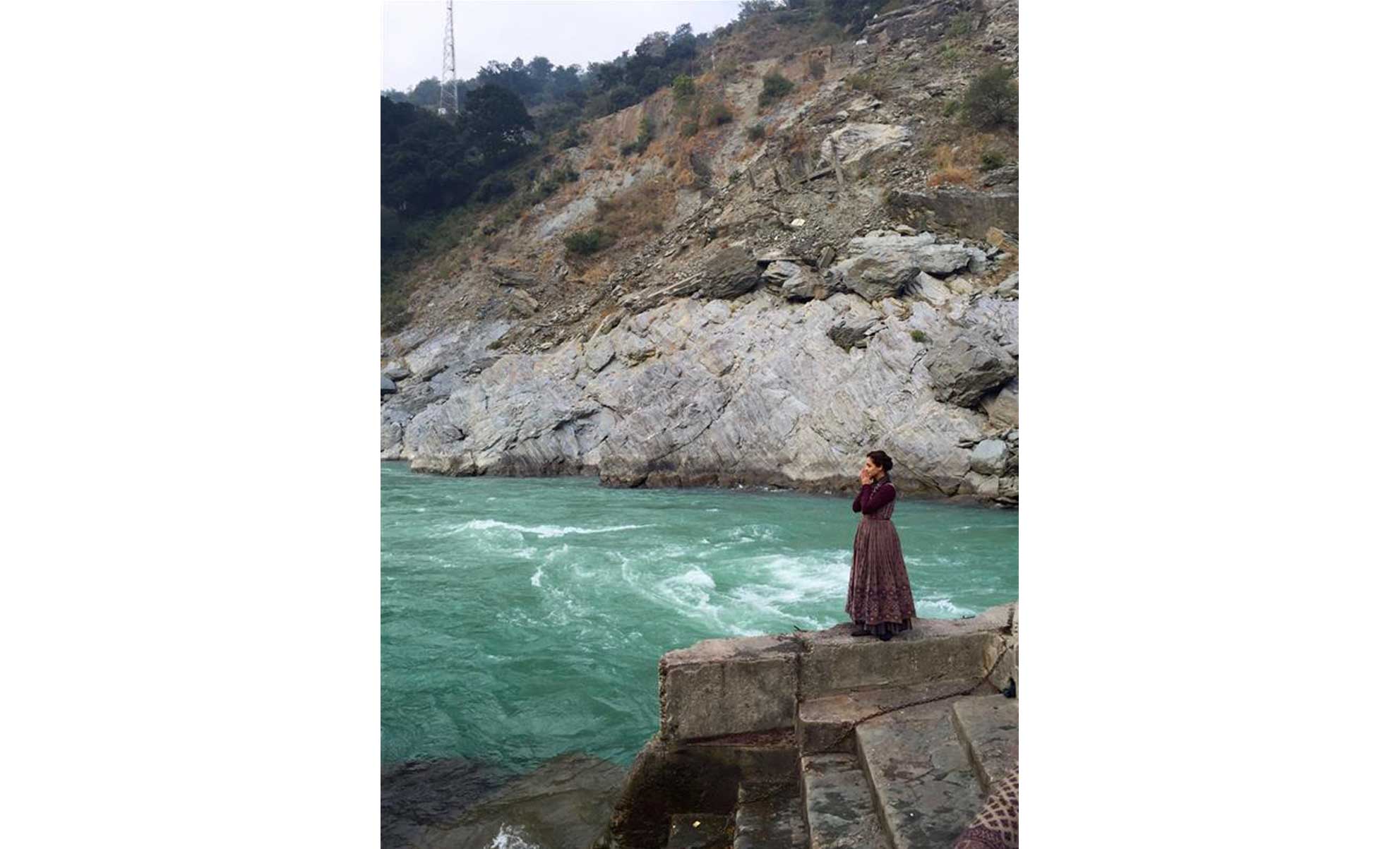
cM: How has the environmental work that you do impacted your personal life?
DM: In someway, the environmental work I do starts reflecting in the kind of choices we make as producers. The kind of work we associate ourselves with as producers. It becomes a way of life, right down to the choice of fabric we wish to wear. The other day I did a very interesting event in Delhi where I wore a dress that was made
out of recycled plastic water bottles. So you end up trying to incorporate sustainability across all angles. Yesterday I wore a sari made from natural fibres. Whatever fabric you wear, you need to understand how it’s being used, where it’s being made and how it’s all coming together. We can choose what we buy and what we eat. We need to become aware of what we consume. Question where it’s coming from and where it’s going. If the answer justifies your conscience, go ahead and buy it.
Interviewed by: currentMood
All image courtesy: Dia Mirza

